ASB Case Review - formerly known as the Community Trigger
What is it?
The Community Trigger (or anti-social behaviour case review) is a process which allows members of the public to ask their local Community Safety Partnership to review responses to incidents of anti-social behaviour.
The Trigger was introduced through the Anti-Social Behaviour, Crime and Policing Act 2014 to help ensure that agencies are working together to resolve incidents of anti-social behaviour that are affecting resident's quality of life. This is achieved by appropriately sharing information between agencies, reviewing the actions that have been taken and using available resources to try and reach a solution or make recommendations that will hopefully prevent the situation from reoccurring.
When can I use it?
At least three incidents of anti-social behaviour relating to the same problem have been reported to the relevant review bodies within the previous six months. These are incidents where the same behaviour, nuisance or problem has reoccurred, where you feel no effective action has been taken and was reported within one month of it happening.
The Community Trigger can be used by both individuals and businesses.
It won't replace an organisation's own complaints procedures, and you still have the opportunity to complain to the Ombudsman or Independent Police Complaints Commission if you are unhappy about the service you have received from an individual officer or service.
For the purpose of the Community Trigger, an incident of ASB is defined as behaviour causing harassment, alarm or distress to a member of the public or business. This could include behaviour such as vandalism, public drunkenness, noisy or abusive neighbours.
The Community Trigger is not designed to replace existing anti-social behaviour reporting lines or for the reporting of general acts of crime, including hate crimes although these can be included in the number of incidents you have reported if you feel they were part of the anti-social behaviour.
How do I use it?
You can use our Online Community Trigger Form.
You will be taken to a login screen, here you can register if you haven't used the service before or log in if you've already registered.
You will need to provide details of the date of each incident that you have reported, to who (name, organisation) and/or Incident Reference Number (if available), along with information about the anti-social behaviour incident you were reporting. You will also be asked to agree to allow your details and information about you to be shared with other agencies.
The Community Trigger can also be used by any person on behalf of a victim, for example a family member, friend, carer, Councillor, Member of Parliament or other professional person. However, the victim's consent will be needed before a person can use the Community Trigger on their behalf.
What can I expect?
Once a Community Trigger application has been received and accepted, a member of staff from the Community Safety Unit will contact the other agencies involved to confirm the details of the reported incidents. You will be contacted to confirm that the Community Trigger threshold has been met, or not.
Arrangements will be made for a review panel to be formed who will then carry out a case review. The panel will involve staff from the police, health, council and the registered social landlord and/or other partners that may have been involved. The panel will discuss the anti-social behaviour and the actions taken.
What if I am unhappy with the way the review was handled?
If you are unhappy with the way your Community Trigger application has been handled, or the response received from the review panel, then you can request a secondary review be carried out by an independent panel.
The secondary review is the last step that can be taken in this process. If you are still unhappy you will be directed to the Ombudsmen, the Independent Complaints Commission or other most relevant body.
Related Information
View the Ashford Borough Council ASB Policy here: ASB Policy September 2023 [pdf] 195KB.
Check out the Home Office's guide on Anti-Social Behaviour, Crime and Policing Act 2014: Reform of anti-social behaviour powers.







